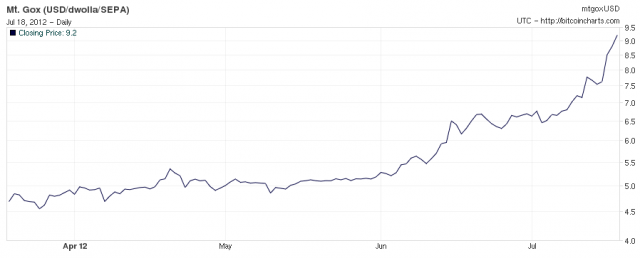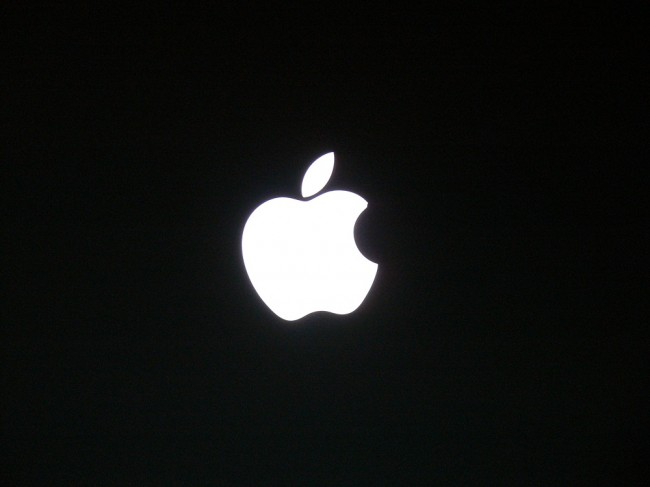Ford is recalling 11,500 of its new 2013 Escape SUVs because a defect in the fuel line could cause a fire. The automaker is telling owners to stop driving the vehicles until the problem is repaired.
From Business and financial news – CNNMoney.com: 30-year mortgage rate falls to record 3.53%
Mortgage borrowing got cheaper again this week, as rates on 30-year and 15-year fixed-rate loans fell to record lows.
From Droid Life: UK Judge Orders Apple to Post on Website that Samsung Did Not Copy iPad Design
We need some of these U.K. judges shipped over here as soon as possible. In a recent ruling, Judge Colin Birss has ordered Apple to place a statement on the official Apple website that Samsung did not ripoff Apple’s iPad design with their Galaxy Tab lineup. Apple’s lawyers did contest this at first, explaining that this is essentially promoting Samsung on their own site, but the judge incredibly dismissed the claim.
Along with the statement that will remain on Apple’s site for the next six months, they must also publish it in several UK newspapers and magazines to help Samsung’s overseas image. Booyah!
Via: CNET
Cheers Ryan and Matt!
from Droid Life
From Ars Technica: Bitcoin price soars above $9 for the first time in almost a year
The price of Bitcoins surged this week, rising above $9 for the first time in almost a year. The increase suggests growing public interest in the peer-to-peer cryptocurrency.
Last month, we marked the one-year anniversary of the Bitcoin bubble popping. We noted that after plunging for the last six months of 2011, the price of Bitcoin had begun to stabilize around $5. But almost as soon as we published that article, the currency began appreciating rapidly. Today, one Bitcoin is worth about $9.20—a 40 percent increase in a month.

The transaction volume of Bitcoins has increased dramatically since April. In April, there were rarely more than 10,000 transactions in a day. In July, there have consistently been more than 20,000 transactions each day.
from Ars Technica
From Latest Items from TreeHugger: Amtrak 2.0: New York to D.C. in 94 Minutes?

Amtrak put a $151 billion proposal on the table to build an ultra-high speed rail along the Eastern corridor.
From News: Prostate Cancer Surgery Shows No Benefit For Many Men
A study of more than 700 men with prostate cancer found no difference in rates of death among men who had their prostates surgically removed compared to those who didn’t. The findings suggest that men with low-risk cancers could forgo surgery.
from News
From MAKE: 15-Year-Old Maker Astronomically Improves Pancreatic Cancer Test

Maryland young maker Jack Andraka isn’t old enough to drive yet, but he’s just pioneered a new, improved test for diagnosing pancreatic cancer that is 90% accurate, 400 times more sensitive, and 26,000 times less expensive than existing methods. Andraka had gotten interested in pancreatic cancer, and knew that early detection is a challenge. He gleaned information on the topic from his “good friend Google,†and began his research. Yes, he even got in trouble in his science class for reading articles on carbon nanotubes instead of doing his classwork. When Andraka had solidified ideas for his novel paper sensor, he wrote out his procedure, timeline, and budget, and emailed 200 professors at research institutes. He got 199 rejections and one acceptance from Johns Hopkins: “If you send out enough emails, someone’s going to say yes.†Andraka was recently awarded the grand prize at the Intel International Science and Engineering Fair for his groundbreaking discoveries. [via Fast Company]
Watch Andraka talk about his improved test:
from MAKE

